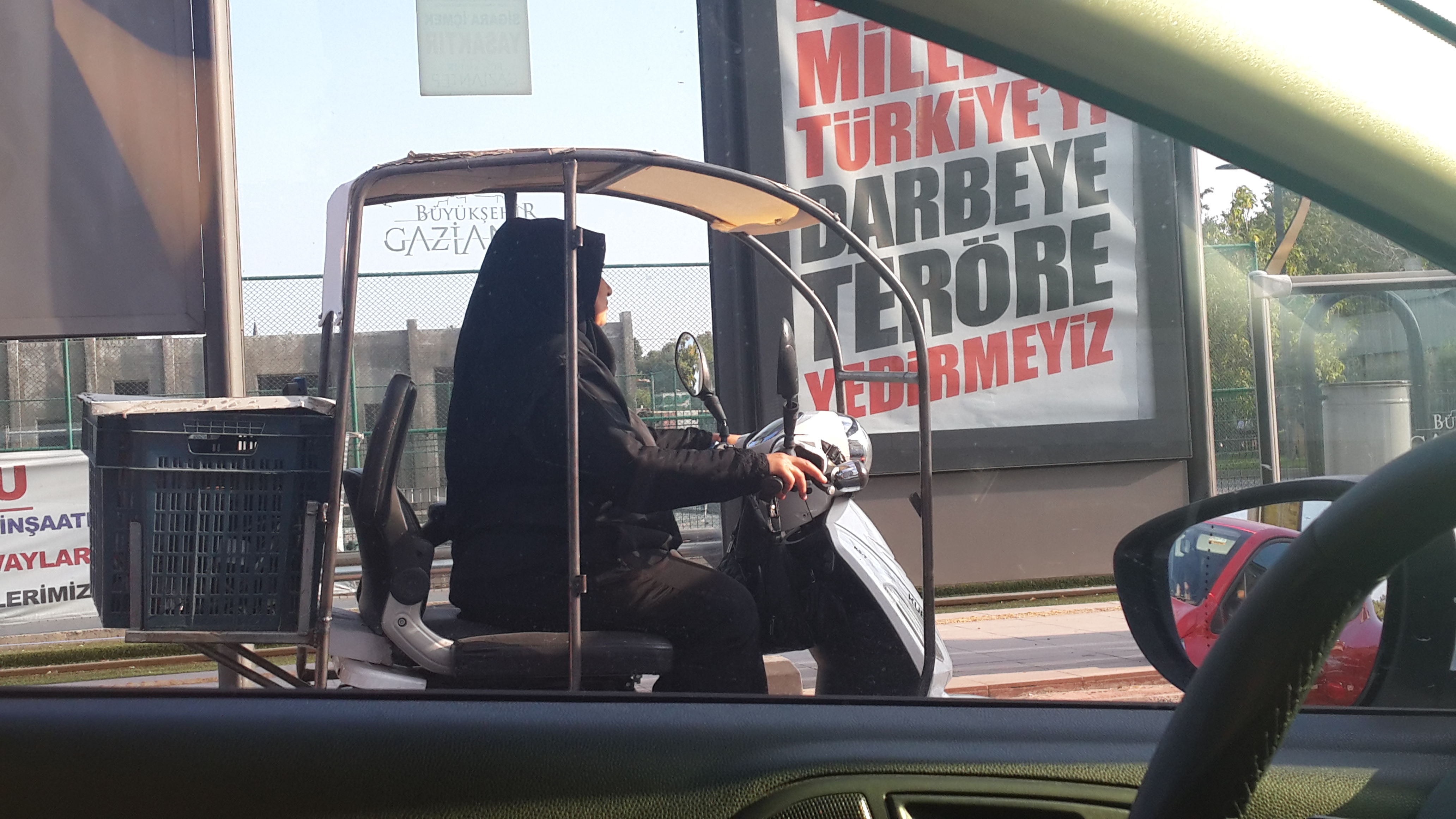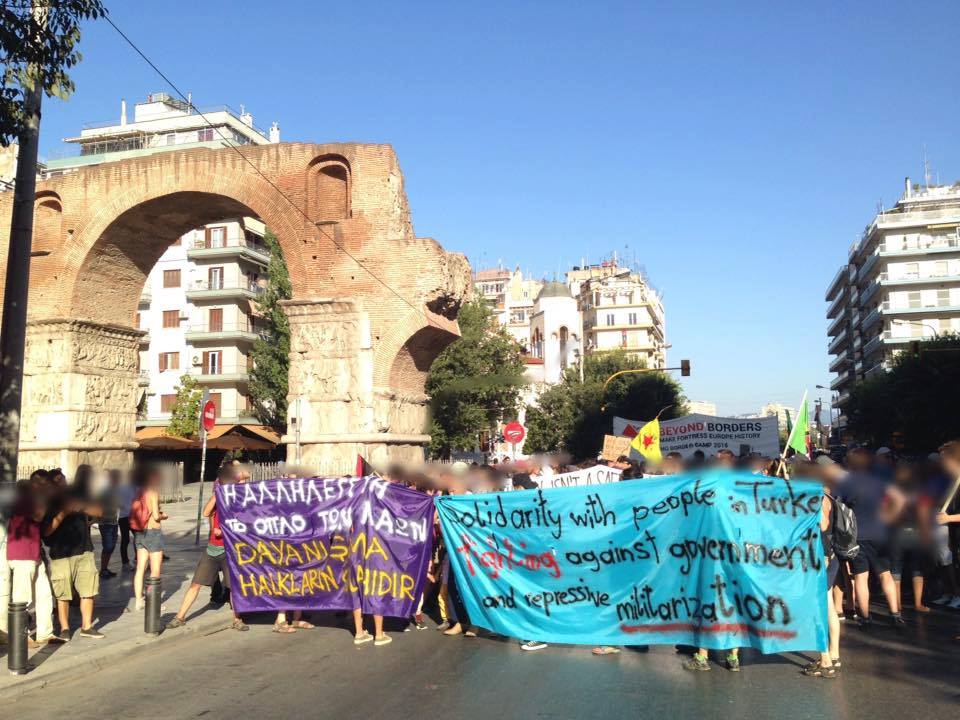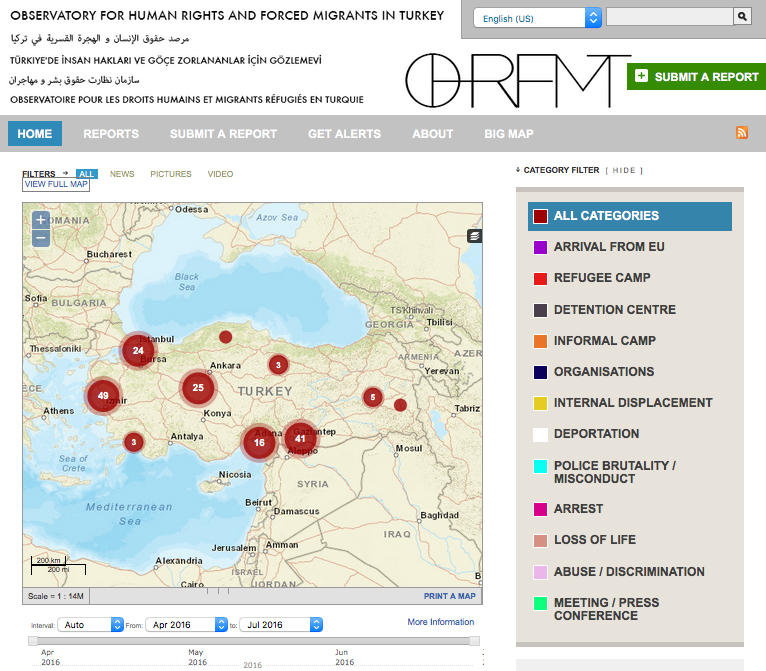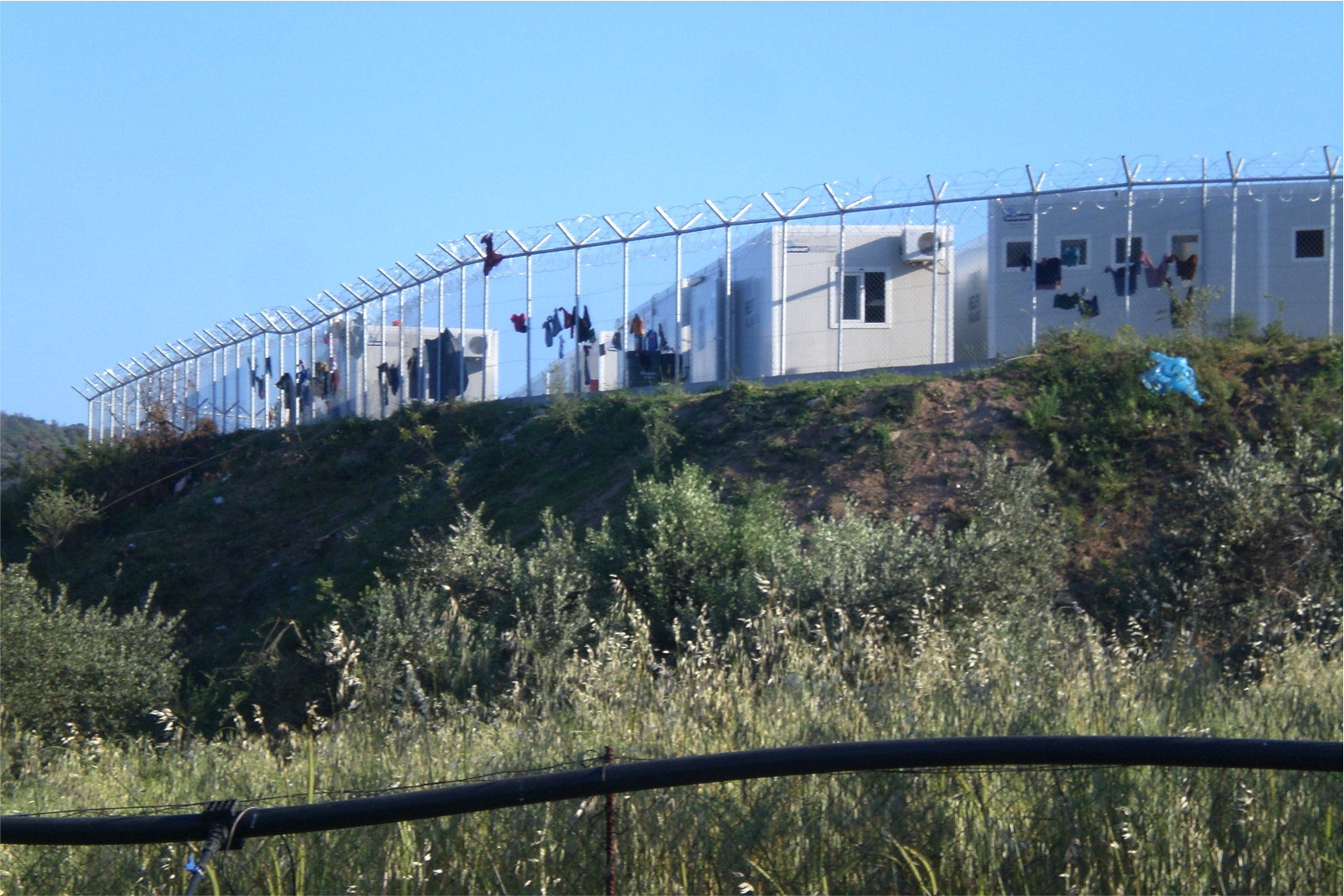In September 2015, thousands of refugees gathered in a number of cities in Turkey, such as Istanbul, Edirne. Their goal was to cross over the Turkish borders all together and reach Europe. The scale of the march in Turkey was absolutely unprecedented. People carried banners and signs addressing the European Union, and some signs even referred personally to Germany’s chancelor Angela Merkel.
In a press release, the demonstrators referred to themselves as migrants who were fighting for their rights. Many of them marched together with their whole families but carried only some bags or just a backpack. Although the majority were from Syria, other nationalities were present too. Some had lived in Turkey for years, while others had e.g. just come from Lebanon or Jordan. The people who camped in parks or at the highway waited for Europe to open its borders. This never happened. The Turkish police pushed migrants to go to Ankara, Istanbul or Izmir and arrested hundreds of them.




